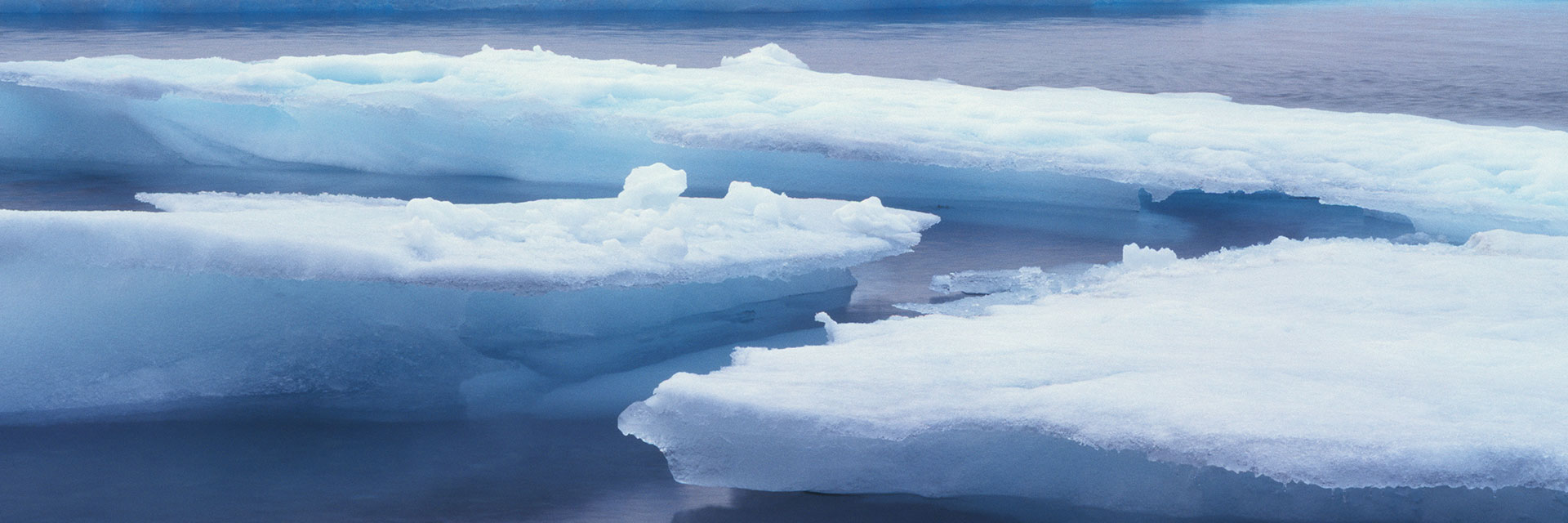
Arctic Council – protecting the Arctic environment
As the leading intergovernmental forum for Arctic issues, the Arctic Council promotes cooperation, coordination, and interaction for sustainable development and environmental protection in the region.
The Arctic Council members are the Kingdom of Denmark (including Greenland and the Faroe Islands), Finland, Iceland, Canada, Norway, Russia, Sweden, the United States, and six organisations for the Arctic Indigenous peoples. One of these is the Saami Council, representing Saami people in four countries. The Arctic Council was chaired by Russia in 2021–2023 and is now chaired by Norway. After the Kingdom of Denmark, Sweden will chair the Arctic Council in 2027–2029.
The Council’s activities are primarily conducted in six working groups and one standalone expert group. The Swedish EPA represents Sweden in three of these six working groups. In Sweden, the work for the Arctic Council is coordinated by the Swedish Ministry for Foreign Affairs.
How does the Swedish EPA contribute?
The Swedish EPA represents Sweden or is involved as experts in several of the Arctic Council’s working groups:
Arctic Contaminants Action Programme, ACAP
Aiming to reduce pollution in the Arctic environment, ACAP encourages various national actions, by conducting pilot action projects as well as exchange of information and know-how.
In the framework of ACAP, Sweden prioritises areas like persistent organic pollutants, POPs, and leads this particular expert group. The Swedish EPA also supports the Saami Council to take an active role in the work for combatting pollution in the Arctic.
Read more on the ACAP website: Arbetsgruppen ACAP på Arctic Councils webbplats
Arctic Monitoring and Assessment Programme, AMAP
AMAP monitors and assesses the state of the Arctic environment with regards to climate change, pollution, and human health. By documenting trends, effects, sources, and pathways of the pollutants, the group can evaluate the influence on humans and eco systems. The scientific results then serve as a basis for informing policy- and decision-making processes.
Swedish scientists contribute to the AMAP assessments and co-lead the expert group on climate as well as the AMAP expert group on POPs.
Conservation of Arctic Flora and Fauna, CAFF
Focusing on the Arctic biological diversity, CAFF produces basic data, status, and trends on Arctic habitats and the health of eco systems. The group also coordinates monitoring of flora and fauna, evaluates and communicates the results, and presents knowledge-based recommendations to decision makers.
Within the framework of CAFF, one of the Swedish prioritised areas is wetlands. Sweden leads an ongoing project that aims to raise awareness of the functions of wetlands and increase their resilience.
Black Carbon and Methane Expert Group, EGBCM
The work of the EGBCM is targeted towards follow up of the member countries’ implementation of the Arctic Council’s framework for black carbon and methane. At the Ministerial meeting in 2017, a collective goal regarding reduction of black carbon emissions was adopted. Every second year, the EGBCM presents a report based on the members’ national results. The Swedish EPA participates in this group as a support to the Ministry of Climate and Enterprise.